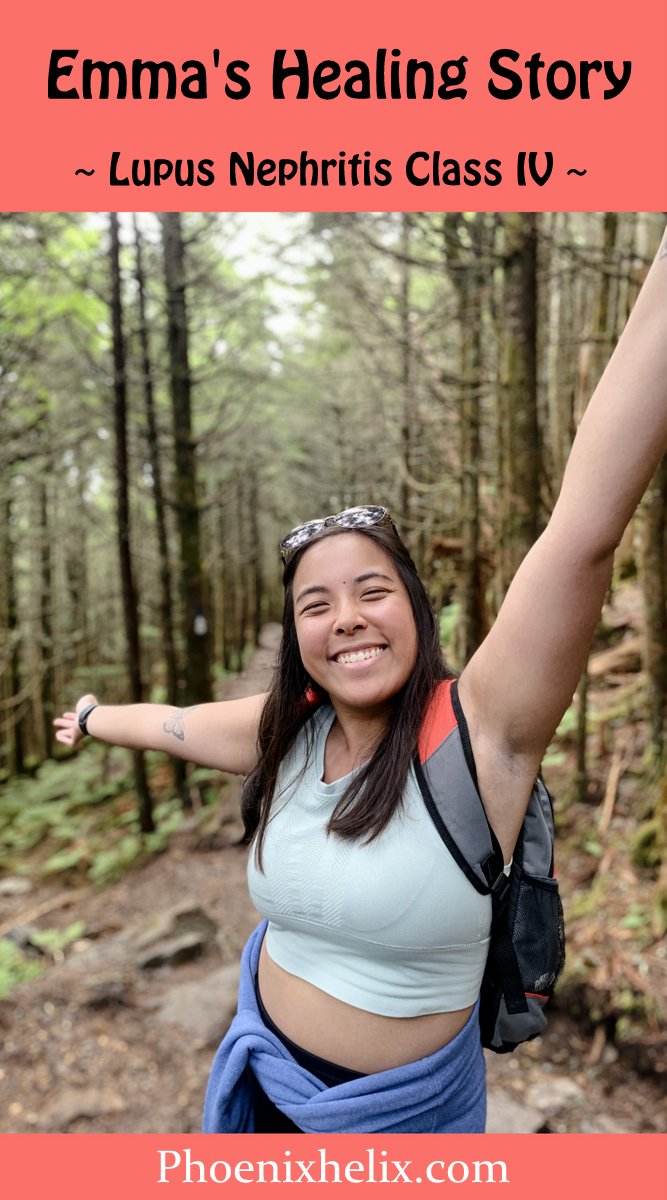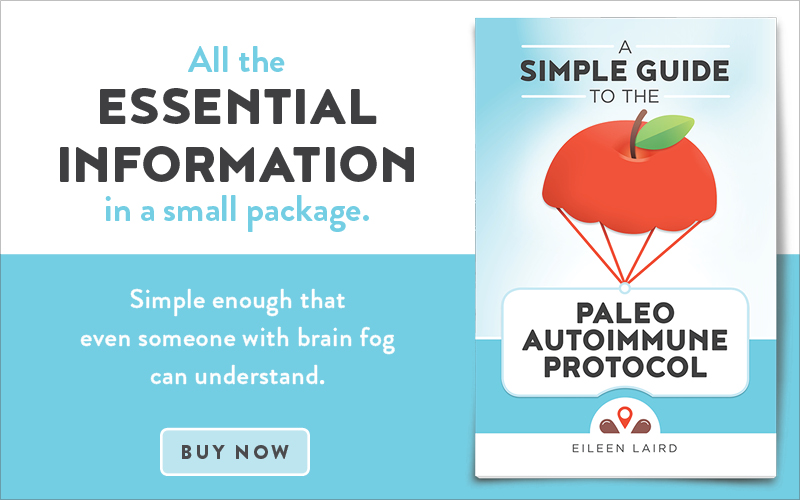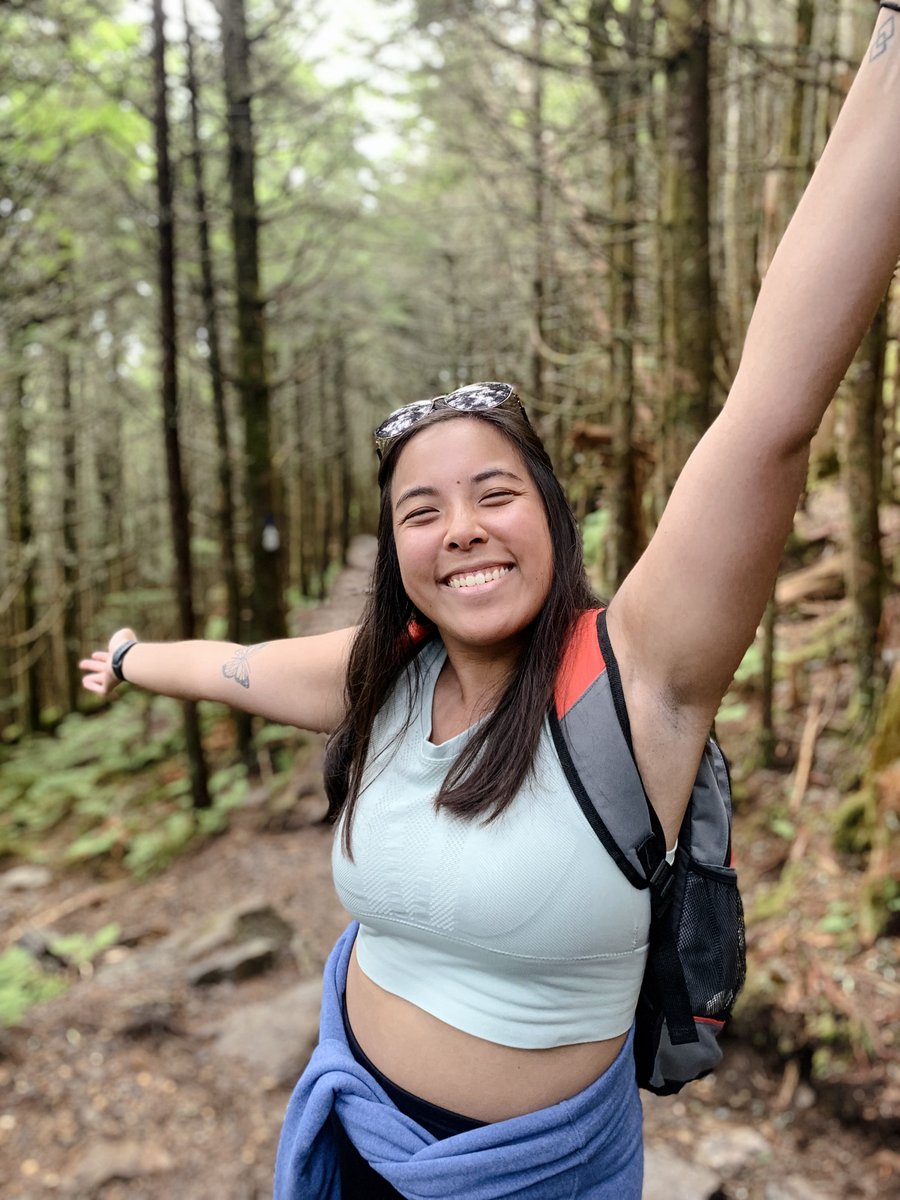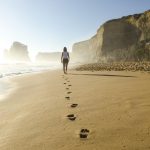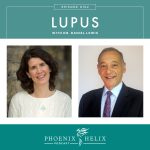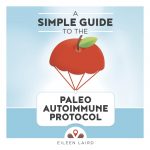“I believe absolutely that it is in sharing the most vulnerable aspects of our journeys that we support each other to find grace and strength and healing during equally challenging times.”
~ Baden Lashkov
Living a Resilient Autoimmune Life
When Emma Chu Farnsworth was 18 years old, she was an athlete and a freshman in college. Over the course of three weeks, her life changed forever. What started as an unexplained rash on her face ended with a diagnosis of Lupus Nephritis Class IV. Lupus is an autoimmune disease that can attack any part of the body. Lupus Nephritis is an attack on the kidneys. Class IV is when more than 50% of the important blood vessels of the kidney have been impacted. It was a shocking, overwhelming, and lonely time in her life. She’s incredibly grateful to conventional medicine for saving her life. Now nine years later, Emma is experimenting with diet and lifestyle changes to improve her life even more. With Emma, we celebrate the baby step approach to autoimmune health. You don’t have to be perfect. You don’t have to do everything all at once. Each positive choice can reap rewards that you actually feel. For Emma, those rewards are less digestive bloating, increased energy, more mental clarity, and hope for what comes next.
What were your first symptoms? When did you learn what it was?
It took about three weeks to diagnose. My first symptom was actually the butterfly rash, which is wild to think about now since that is a more telling symptom of lupus, but I didn’t know that at the time. Coincidentally, I had started a new face wash around the same time and figured I was allergic to it. After about a week of stopping the face wash, the rash ended up spreading across my face to my left cheek. After the rash came major fatigue followed by no appetite and weight loss. I was sleeping 10+ hours and napping, which is very rare for me. I could barely go up a flight of stairs without feeling winded, and I went from eating hearty meals to just snacking. Finally, my urine turned to a dark brown. I went straight to the ER. Once I was in the hospital and had some lab work done, the doctors quickly diagnosed me with lupus nephritis class IV. It was Martin Luther King Day in 2014.
Can you describe what it was like for you, when your condition was at its worst?
One month after my diagnosis was my rock bottom, and I ended up in the hospital a second time. My body wasn’t responding to the lupus medications. They did some bloodwork, and my hemoglobin was a 5.6 when a normal hemoglobin for an 18 year old is between 12-15. I was ghost white because I wasn’t getting enough oxygen. I’ll never forget a nurse saying to me: “I don’t know how you were able to walk the past few days with your levels being this low.” I received red blood and platelet transfusions all night. By morning, my hemoglobin was up to about an 8.
In addition to the physical symptoms, I was also a wreck emotionally. I had been on a high dose of steroids since my diagnosis so my face was super round and I didn’t even recognize myself. I was also in my second semester of freshman year in college. So that in and of itself was really hard because I was trying to build new friendships. I felt like everyone was moving on without me so it was a really lonely time.
What medical treatments have you tried? What was helpful, and what wasn’t?
I had to get two rounds of Rituximab because my medications weren’t doing enough in the beginning. Rituximab is a monoclonal antibody medication. Once I had that treatment, my body started responding well to more standard medication.
It took time to reach remission, but I’ve been in remission since 2018, thankfully. The doctors say my kidney function will never be at 100%, but as of now, I am in a very stable place.
Which healing diet(s) did you try, and what were the results?
Since my lupus affects my kidneys, sodium plays a huge role in my diet. If I eat a highly processed or high sodium food, I experience a lot of inflammation and bloating. I can’t cut out salt completely since it’s in so many things, but I can control how much I consume. I never add salt to my food when cooking. My husband and I buy low-sodium soups and foods at the grocery and when we go out, I often ask for light seasoning or no additional salt.
This year, I slowly started to introduce the Paleo Autoimmune Protocol (AIP) into my lifestyle. It’s been difficult only because I love dairy and grains. But I’ve cut back a lot on eating breads and have already felt less bloated and more energized. I’m trying to cut back on my dairy, but that may take a little longer. I’m also trying to get more protein into my diet through nuts and meats and fish.
Beyond autoimmune symptoms, did other areas of health improve with dietary changes?
My energy levels have improved and I feel more focused. Again, I am still early on into the process of AIP, but I am super excited to see how my body responds. I am settled into a job I love in an area I love (photography and graphic design in Knoxville, TN.) I’m hoping that by changing my diet, I will be able to put my extra energy towards the things I love like kayaking and hiking.
What does your diet look like today?
Today, I’d say my diet is decent. I have a hard time eating breakfast so I’m trying to improve that by meal prepping or waking up earlier. I also have been buying more and more vegetables at the grocery to incorporate into my daily diet. I’m trying to limit desserts, but there are so many donut and cake shops here. I recently brought in a giant bag of baby carrots to work to try and curb my cravings by eating carrots instead of sweets during the week! I have a lot of room for improvement!
What other things do you do outside of diet to support your health and healing?
I am a very good sleeper! I definitely prioritize my sleep and getting at least 8 hours a day. I do kickboxing for cardio and go on walks as much as I can. I love walking and am fortunate enough to live in Tennessee where the weather and scenery is always beautiful. Walks give me time for my mind to be at peace! I am trying to incorporate more weight training into my routine to build some muscle as well. I also journal a lot.
What role has medication played in your autoimmune journey?
Medication has played a huge role in my autoimmune journey. I’ve been on the same medications since my diagnosis. I’ve had some small changes here and there, but I have never been able to fully wean off of medication, unfortunately. I think a lot of it has to do with what was going on in my life though. I was diagnosed when I was a freshman in college. With how bad my lupus was and the stress of college, coming off of medications was not an option. After college, a few small changes were made, but transitioning into the working world came with a new set of challenges. I was able to decrease some medications during this period of time. I recently switched my major immunosuppressant medication to one that is better for my stomach and gut which I am super excited about.
What symptoms still remain?
I still experience some joint pain and inflammation from time to time. That tends to only happen when I am on my feet all day or do something very strenuous. Otherwise, I’ve been very fortunate to not have other symptoms come back.
With autoimmune disease, there are many potential triggers and root causes. Were there any events in your life that you think contributed to your diagnosis?
Growing up, I was a pretty healthy kid. I played sports year-round, I always had a big appetite, and I rarely got sick. I have always had achy joints and just attributed it to how active I was playing so many sports all year. I also am adopted from China so I had no family history to look back on. The diagnosis was a huge surprise to me and my family. However, I’ve since learned that women from racial and ethnic minority groups are at a higher risk for developing lupus, tend to develop lupus at a younger age, and experience more serious complications. And Asians have the highest risk of developing lupus nephritis within the first year of diagnosis.
Who supports you in your healing journey?
My mom has been the biggest supporter in my health journey. She has been by my side since my very first symptom when I called her about it. I am a quick learner and was able to manage all my doctor’s appointments and medications on my own fairly quickly, but she still checks in with me every time we talk. My husband, family and friends have all been huge supporters. They always work around my medical appointments, give advice where they can, and have been shoulders to lean on 24/7. In the summer, everyone always knows they need to find a nice shady spot when we go out. That always makes me smile because all you want to do is be in the sun during the summer, but they give that up for me! (Lupus often causes sun sensitivity.)
What’s the hardest part of maintaining a healing lifestyle for you?
Following through on workouts and diets has always been a hard thing for me. I start off really well in the beginning, but once I plateau, I tend to get off track and allow myself to fall back into old habits. I’ve tried a lot of different apps to stay on track, but tend to stop using them after a few months. I have always been a carefree people-person which is a bad combination when trying to change your diet and lifestyle LOL.
What advice would you give to people with autoimmune disease who are just starting to consider diet and lifestyle changes?
I would say to go in with an open mind and try not to compare yourself to others! Before I tried changing my diet and lifestyle, I thought I knew what to expect because I read so much about it. But once I began making small changes here and there, it was a lot different than I anticipated. If I put honey in my yogurt, it naturally sweetens it versus all the sugars and fats in flavored yogurt and is still just as delicious. Small realizations like that have changed my perspective and opened me up to other ideas. I’m still early into the AIP, but I feel like I’m already seeing small results!
Do you have any special advice for young people facing an autoimmune diagnosis?
The main thing I would say is to stay positive and don’t be afraid to lean on those who love you (family and friends). It was really hard for me being thrust into my freshman year of college, to then be pulled out for a month of hospitalizations and testing, and then to try and go back to school with this whole new “normal.” All I wanted to do was be a normal college student who could keep up with all the hustle and bustle. Instead, I was going home every weekend for doctor’s appointments, not being able to eat a lot of the college dining options (since it was a ton of processed foods), and I had to drop out of some classes which made me lose a lot of confidence.
Despite all of that though, I had the best support system in my family and friends. The first day back at college after my diagnosis, my dorm room was full of balloons with notes of encouragement on them from people in my building. My new college friends would go out of their way to eat at places that were better for me, and they’d also stay inside to watch movies with me instead of choosing activities where I couldn’t keep up. When I went home on the weekends, childhood friends and their families visited me. I could go on and on here LOL. But I’ll stop there.
You have to just celebrate all the wins, especially the small ones to keep reminding yourself you’re on the up and up. The protein in my urine is 0.1 less than last week? I’m going to get myself a treat. I can decrease my prednisone by 5 mg? I’m going to buy a new headband! Every day is a new day so don’t rush yourself or compare yourself to others around you. You’re right on track!
What does autoimmune resilience mean to you?
Autoimmune resilience means learning to thrive with all the odds stacked against you. No matter how hard things get, you keep moving forward and finding those silver linings. I am a strong believer that everything happens for a reason so whenever there is a setback, I tell myself that a greater reward will be at the end of the journey. Looking back at my life, I feel like I can clearly see those setbacks followed by a major comeback!
You can connect with Emma through her website.
Other Healing Stories
This is part of a series of autoimmune success stories. Click here to see the full list. They are also a regular feature of my podcast: Phoenix Helix.

